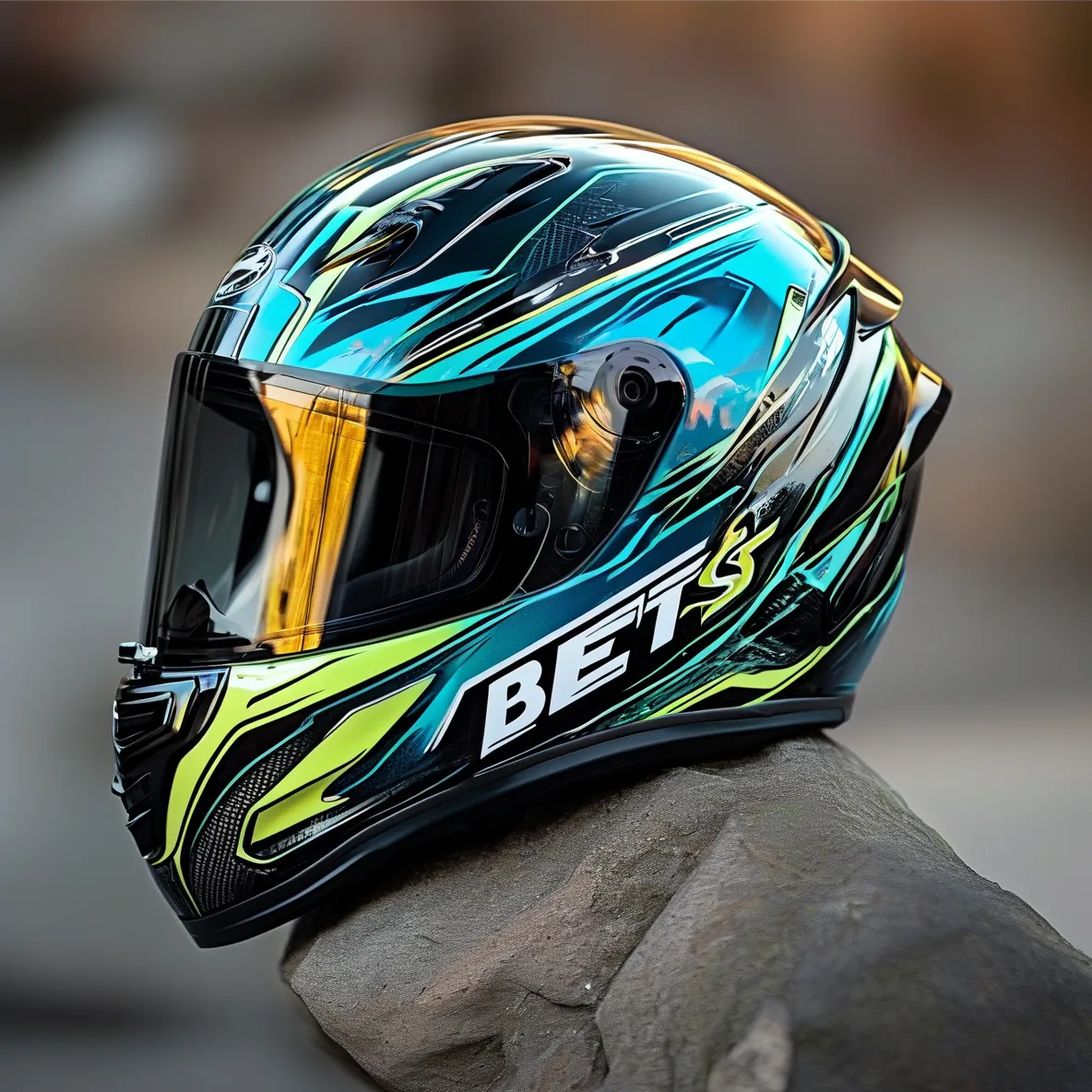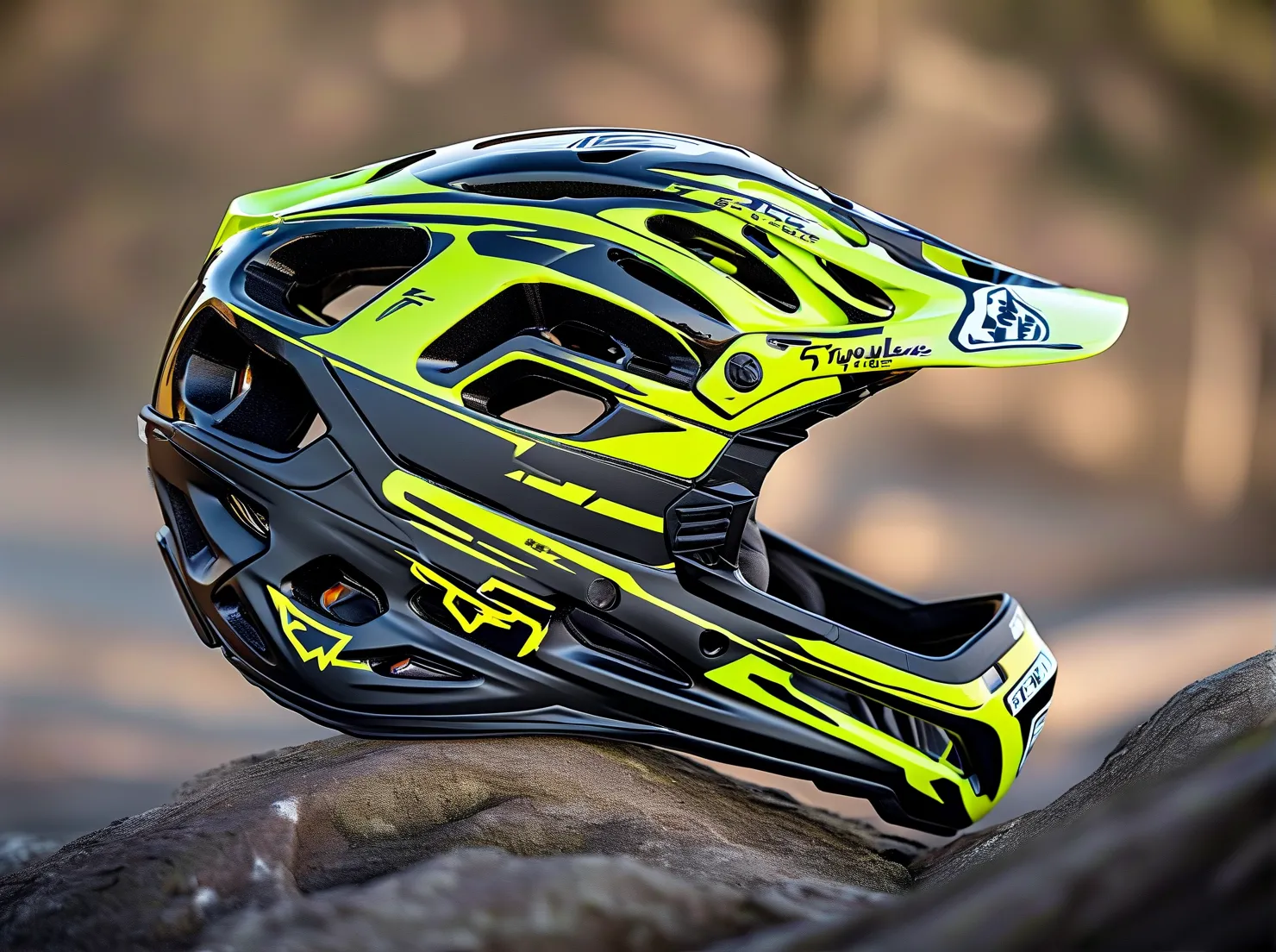Choosing your first motorcycle helmet can feel overwhelming, but prioritizing safety and comfort is non-negotiable. For beginners, a helmet isn’t just gear—it’s your primary defense against road hazards. This guide cuts through the noise to highlight top-rated starter helmets that balance safety certifications, lightweight design, and budget-friendly pricing.
Why Weight Matters for New Riders
Lightweight helmets reduce neck strain during long rides, making them ideal for riders still building endurance. According to a 2023 study by the Motorcycle Safety Foundation (MSF), helmets under 3.5 lbs significantly improve comfort without compromising protection. Look for materials like polycarbonate or advanced thermoplastics, which offer durability at lower weights.
Top 5 Starter Helmets Backed by Safety Data
-
HJC CL-17
– Weight: 3.3 lbs
– Certifications: DOT + SNELL M2020 (gold standard for impact resistance)
– Why Beginners Love It: Adjustable ventilation prevents fogging, and the oval shape fits most head sizes comfortably.
– Source: SNELL Memorial Foundation test results (2022) -
ScorpionEXO Covert X
– Weight: 3.1 lbs
– Certifications: DOT + ECE 22.06 (Europe’s rigorous safety benchmark)
– Standout Feature: Retractable sun visor eliminates the need for extra sunglasses.
– Source: 4.8/5 average rating from 1,200+ RevZilla reviews -
Bell Qualifier DLX
– Weight: 3.4 lbs
– Certifications: DOT + Multi-Directional Impact Protection (MIPS)
– Pro Tip: The Transitions shield adapts to light changes—perfect for riders transitioning from day to night. -
LS2 Stream Evo
– Weight: 3.0 lbs
– Certifications: DOT + ECE 22.06
– Budget Pick: Under $150 with a hyper-light shell and emergency release cheek pads. -
Arai Signet-X
– Weight: 3.6 lbs
– Certifications: DOT + SNELL M2020
– Long-Ride Comfort: Variable Axis System (VAS) shield reduces wind noise by 30% (Arai internal testing).
How to Verify Helmet Safety Claims
- Check for DOT FMVSS No. 218 compliance (U.S. standard) or ECE/SNELL labels inside the helmet liner.
- Avoid “novelty” helmets lacking certifications—NHTSA reports these fail impact tests at speeds over 13 mph.
Balancing Budget and Protection
Entry-level helmets shouldn’t sacrifice safety for affordability. The MSF recommends spending at least $120-$250 for reliable certified gear. Brands like HJC and LS2 offer frequent discounts on prior-year models without outdated tech.
Final Tips Before You Buy
- Test fit for snugness: Your helmet shouldn’t shift when shaking your head side-to-side.
- Replace after any impact: Even minor drops can compromise structural integrity (NHTSA guidelines).
Starting your riding journey with a certified, lightweight helmet builds confidence and reduces fatigue—key factors in staying safe on the road. Stick to trusted brands with verifiable testing data, and prioritize fit adjustments to ensure long-term comfort as you rack up miles.




Leave a Reply